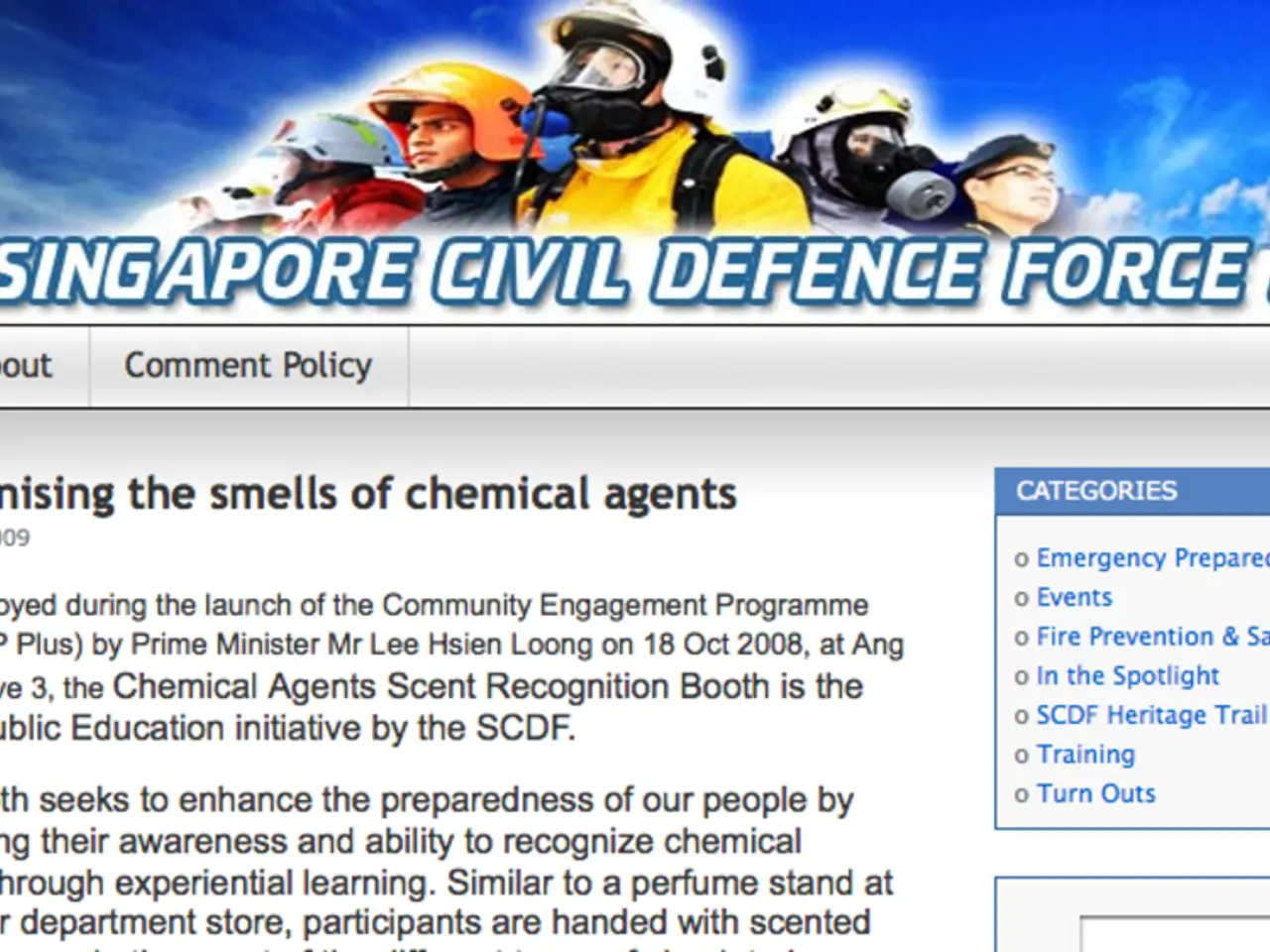Social media platforms like TikTok are implementing community notes, a form of crowd-sourced fact-checking. The question arises: why are these digital platforms trusting the masses to verify information's accuracy?
In the realm of digital information, misinformation and disinformation have become a growing concern for social media platforms and users alike. To combat this issue, several major platforms, including Meta, TikTok, and X, have implemented automated moderation systems to filter potentially harmful or violent content.
However, when content is flagged, human moderators step in to review it, ensuring that it adheres to the platform's code of conduct and that context is not missing. This approach, known as crowd-sourced fact-checking, has gained traction as a means to supplement official fact-checking efforts.
While crowd-sourced fact-checking offers greater scale and faster responses, it faces significant challenges. Studies have shown that the majority of user-submitted corrections do not get published, limiting their reach and impact. Moreover, the quality and neutrality of these contributions can be compromised by partisan motives, reducing trust and effectiveness.
Professional fact-checking, on the other hand, remains more reliable and accurate for combating misinformation. However, it struggles with scale and user engagement. This is where crowd-sourced fact-checking comes in, offering a useful but imperfect complement.
TikTok, for instance, has launched a crowdsourced fact-checking feature called Footnotes. Users can write notes with more context on videos and vote on other comments, fostering a collaborative approach to fact-checking. Similarly, X and Meta have implemented community-based fact-checking features, enabling users to add context and refute misinformation.
One challenge for all social media companies is getting the right people to see these notes. For example, a study from the Digital Democracy Institute of the Americas found that over 90% of notes written on X were never seen online.
Meta is considering replacing relationships with conventional fact-checkers with community notes, a move that reflects a more libertarian view of free speech on social media. However, it's important to note that professional fact-checkers often have context about the political, social, and economic pulse of countries where disinformation campaigns may be playing out.
Fact-checkers are actively monitoring political crises on a 24/7 basis, while users may not be as committed to information integrity. This is why professional fact-checking remains crucial in providing accurate and reliable information, especially in times of crisis.
Despite these challenges, the trend towards community notes is clear. It offers a more user-friendly approach to fact-checking, enabling users to take an active role in combating misinformation. Whether this approach will fully replace professional fact-checking remains to be seen, but for now, it seems that a combination of both approaches will provide the most effective solution.
The feature is initially available in the United States, and there are no signs that Meta will end its partnerships with fact-checkers in the United Kingdom and the European Union. TikTok's model is being used to contribute to a "global fact-checking program," but it's unclear if this will continue.
In conclusion, while professional fact-checking remains more reliable and accurate, crowd-sourced fact-checking offers a valuable complement, particularly in terms of scale and speed. As social media platforms continue to evolve, it will be interesting to see how these approaches develop and intertwine to combat misinformation effectively.
Technology and social media platforms are integrating community-based fact-checking features, such as Meta's community notes, to involve users in combating misinformation. Entertainment and general news are among the areas where these features can supplement official fact-checking efforts, particularly in terms of scale and speed. However, the quality and reach of user-submitted corrections may be compromised, highlighting the need for a combination of both professional fact-checking and crowd-sourced fact-checking for effective misinformation combat.




